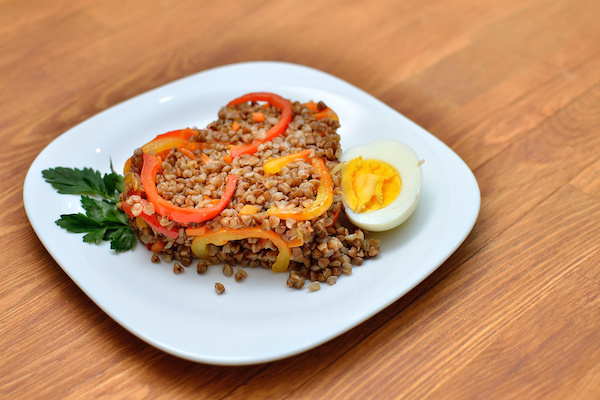FRIDAY, Oct. 7, 2016 (HealthDay News) — With the arrival of fall, the days get shorter and the weather changes, which can bring special risks for kids.
Shorter days mean many youngsters may be walking or biking home from after-school activities at dusk or after dark. Experts from UC Davis Children’s Hospital and the UC Davis Trauma Prevention Program say kids must be taught how to ensure they will be seen, even when visibility is low.
They urge parents to remind kids to:
- Use sidewalks and stay out of the street. Teach them that it’s important to cross only at corners and never between parked cars.
- Wear bright or light-colored clothing or jackets. They can also wear shoes that have light-reflecting material or keep a small flashlight on their bag, backpack or belt loop to make sure drivers can see them.
- Use lights at night. Install headlights and taillights on your children’s bikes or scooters that can be turned on after dark.
- Stay alert and wear a helmet. Remind your kids about the risks of riding a bike or scooter near cars and insist that they wear a helmet whenever they ride.
Playgrounds are another spot where kids may be risk. More than 200,000 injuries a year occur on playgrounds in the U.S. — many times in falls caused by wet conditions, the UC Davis experts say. They suggest parents teach kids to follow these steps:
- Pay attention to your surroundings and be careful on play sets, including monkey bars and jungle gyms.
- Wear athletic shoes that have laces.
- Avoid putting your head between bars or twisted chains.
- Use guardrails on bridges and catwalks.
- Avoid equipment with sharp edges or exposed hardware.
- Don’t jump from swings or tall structures or from one apparatus to another.
Kids who play fall sports like soccer and football should take precautions to protect against head injury. They should always wear properly fitted equipment, including helmets, mouth guards, knee and elbow pads, shin guards and footwear. Kids playing fall sports should also:
- Warm up and perform mild stretches before playing.
- Drink plenty of water throughout practice or games to stay hydrated.
- Soccer players should never “head” the ball, particularly those under than age 10.
Once colder weather sets in, children who play winter sports should rest when they are tired. It’s important to wear layered clothing, sunglasses, goggles and sunscreen as well as protective gear, such as helmets and wrist guards.
More information
The U.S. Centers for Disease Control and Prevention provides more fall health and safety tips.
Copyright © 2026 HealthDay. All rights reserved.

